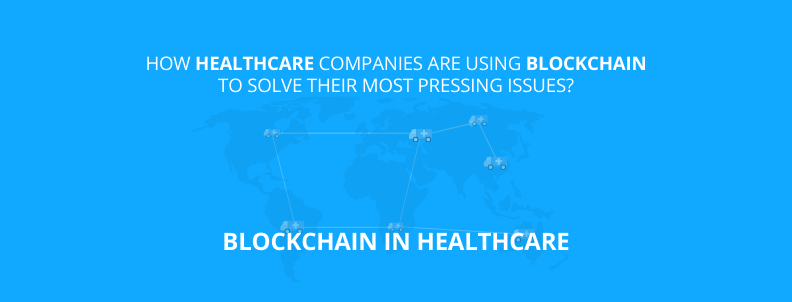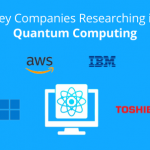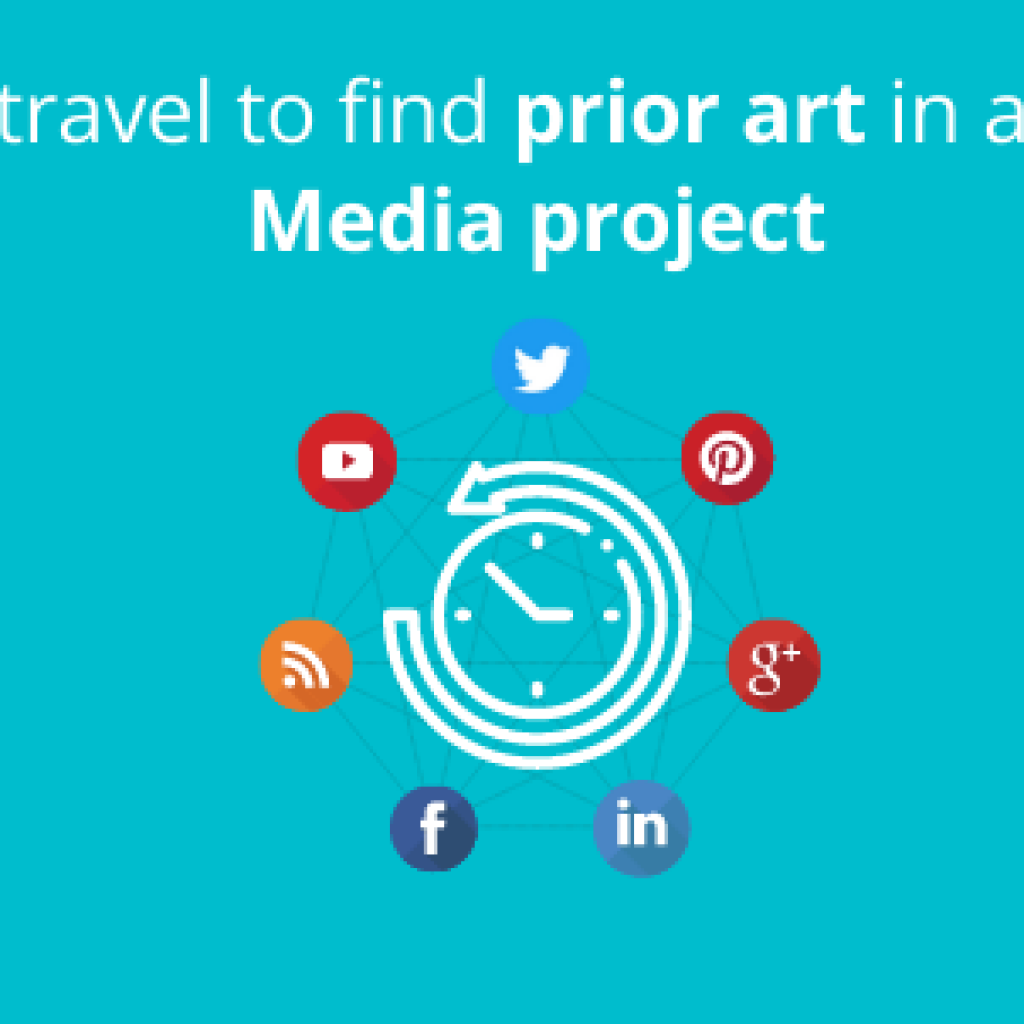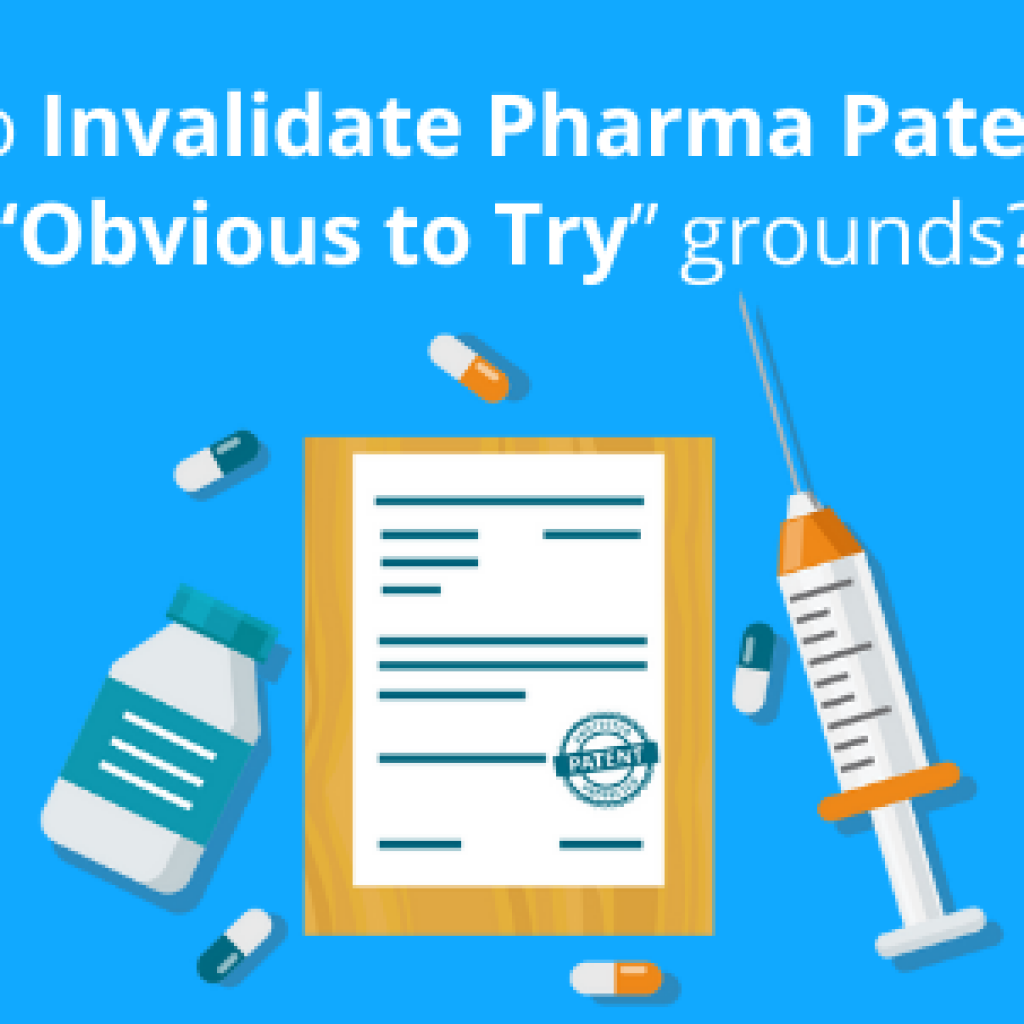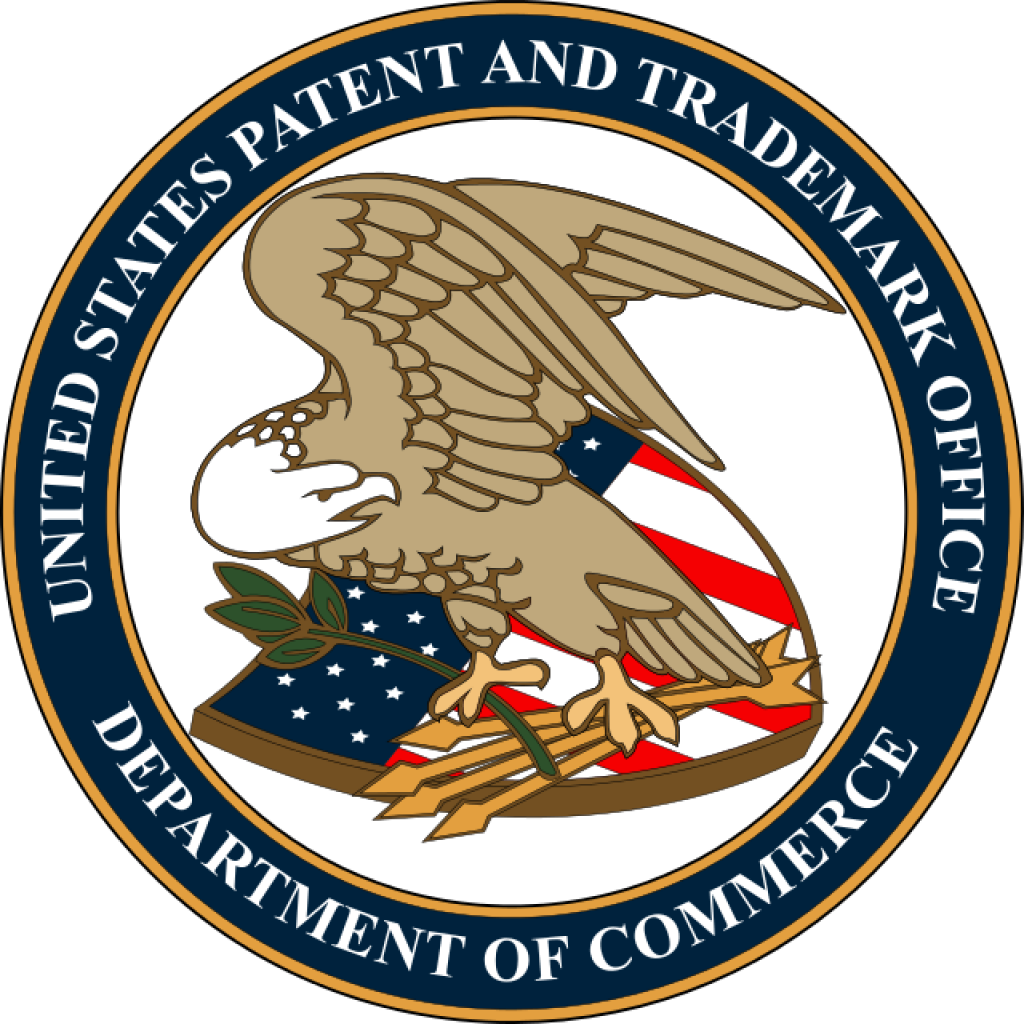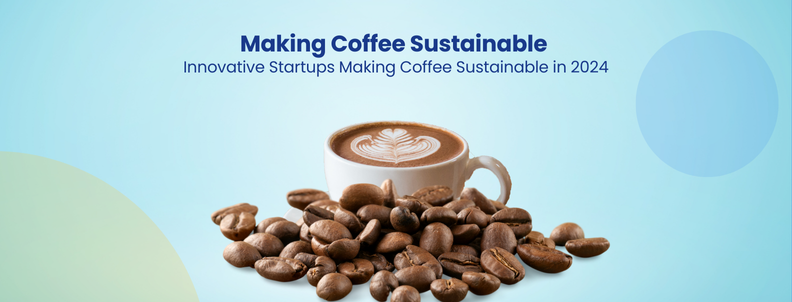Imagine a doctor who knows and understands all the recent advancements in medicine, who has access to millions of patient records and the kind of treatment that worked for them, and who can bring all this information together to recommend a treatment model that will work best for a patient.
If you’re from the healthcare industry, chances are you already know about the doctor that I’m talking about. It’s IBM’s Watson.
Combining its tremendous computing power and finely honed cognitive computing technology, IBM Watson is already helping medical professionals carry out complex analyses that would otherwise take them days or even weeks to do manually. It proved its abilities recently when insights from Watson helped doctors cure a rare type of leukemia and save a life.
IBM Watson is just one of the many ways technology has transformed the healthcare industry. Artificial intelligence and connected devices have enabled organizations to solve the most pressing issues of the market like creating new and better drugs for the betterment of cancer research.
And now another disruption is knocking the doors of healthcare and pharmaceutical companies. A technology that could quite possibly change the way these companies operate. This tech can help companies overcome the long-sought problems of both the healthcare and pharma industry.
I’m talking about Blockchain.
Blockchain was introduced to the world in 2008 and since then, it has found its application in almost every industry and market. Be it tracking of goods in the logistics domain, or preventing fraud in the telecom industry. And now, companies from the healthcare and pharma domain are adopting it as well.
To gauge the innovations in the blockchain that are driving the future of the healthcare industry, in this article, I’m going to focus on patent filings in blockchain tech that is focused on the healthcare industry. I have also listed some startups that are working on different aspects of the supply chain of the healthcare industry.
But before I go ahead, let’s take a step back and put some light on a few challenges that these industries are facing and how blockchain can help them.
How can Blockchain help Healthcare and Pharmaceutical industry?
Coming back to Watson, the secret behind its vast knowledge is having access to millions of electronic health records (EHR), ongoing medical research, new drug trials, and its ability to understand all this information.
The more information Watson will have, the better will be the insights it provides.
But there’s not a single database from where this information can be easily accessed. Lack of standards for storing this information makes it harder for patients and medical professionals to track medical history and a safe way to share and access it. That’s what the biggest challenge of this industry is – interoperability.
The interoperability of this kind of information is not only beneficial for patients, but it also helps pharmaceutical companies as well. Efficient access to EHRs helps pharmaceutical companies develop better drugs, and stats and analysis from these insights help determine their research direction.
This is where blockchain fits as a solution. If information like EHR and other medical records are stored on the blockchain, it gives patients more control. A single blockchain can act as a centralized database for this information for which patients can give access to their care providers.
This will also help medical professionals assess multiple factors like test reports, previous medications and treatment methods, and if available, even genetic data. Insurance providers can use the same blockchain to stay on the same page with care providers thus making the payment management efficient as well.
Blockchain can solve the interoperability challenge of the healthcare industry to a great extent. Apart from this, information stored on blockchain is cryptographically secure and is completely anonymous, preventing theft or/and unauthorized access.
Patientory, Medicalchain, and Zeonome are some of the recently founded blockchain-based startups focusing on its use in different areas in the medical domain.
For pharmaceutical companies, blockchain will help them get better clarity about their supply chain, ability to track and verify drugs on each step, preventing fake or counterfeit drugs, and even efficient handling and logistics for their products.
Novartis, for example, is already working on a blockchain + IoT-based solution for real-time monitoring of temperature, and prevention of counterfeit drugs. Similarly, Pfizer collaborated with Chronicled (a supply chain-focused blockchain startup) to develop a closed blockchain system for tracking interactions with their drugs throughout the supply chain.
Similarly, drug manufacturers are researching using blockchain for consent tracking in clinical trials. Blockchain can give them a tamper-proof, transparency-focused platform to store the consent of trial participants.
Blockchain has brought a flood of opportunities for companies working in both the pharmaceutical and healthcare domain. Since blockchain technology is still emerging, a lot of companies are yet to find a direction on which they should innovate and what kind of solution they can bring to the market.
Patent filing in this domain is witnessing a steep rise and now large companies like Novartis and Pfizer have started testing the waters too. Startup activity in these industries is also increasing.
Now, to get a close look at what kind of things these companies and startups are working on, I have shortlisted some of the notable patents filed in this domain.
Healthcare Blockchain-based Solutions
In a recent patent trend analysis that we conducted in collaboration with Kilpatrick Townsend & Stockton (a leading US patent law firm), we analyzed 12 major growing industries in the US and the innovation taking place in them.
Blockchain being one of the analyzed industries, we pulled up the patent data from our analysis and manually analyzed some notable patents from the set. These blockchain patents highlight the exact application areas where healthcare and pharmaceutical companies are researching.
Detecting medical fraud and medical misuse using a shared virtual ledger – IBM
US20180121620A1 – Filed in October 2016
This patent by IBM focuses on reducing drug abuse by giving each prescription a unique identifier and storing that UI and prescription information on a distributed ledger. This will allow pharmacists to verify the prescriptions right away and prevent drug abuse and fraud. Listed below are the kind of frauds this system is targetting (as discussed in the patent document):
Some examples of prescription fraud include over-the-counter (OTC) drug misuse, forging prescriptions, consulting multiple doctors to obtain prescriptions (“doctor shopping”), obtaining prescribed drugs illegally through the Internet, acquiring drugs that were legally prescribed to family members or friends, or altering prescriptions to increase the quantity.
Obtaining a medical record stored on a blockchain from a wearable device – Walmart
US20180167200A1 – Filed in December 2016
This patent talks about a very possible problem that could come up when a patient’s medical record is stored on the blockchain. To access the data stored on the blockchain, users are required to have 2 keys – Public and Private. Public key acts as a user’s profile identifier that can be shared with anyone and the private key is the key required to give that access.
Now in case if a patient whose medical record is stored on the blockchain is unconscious or incapacitated, medical professionals won’t be able to access his medical records without knowing his public key.
Walmart is solving this problem by including a wearable device in the system that a patient can wear and a medical professional can use it to access the records in case if the patient is unable to communicate.
Tracking pathogen exposure – IBM
US20180052970A1 – Filed in October 2016
This patent of IBM is related to close tracking of disease transmission based on the interactions of a person and the duration of those interactions. This system is promising to help individuals see if they are exposed to a transmittable disease and which of their other contacts might be at risk of exposure.
The patent mentions the use of user’s devices Bluetooth or RFID to analyze nearby devices, their distance, and the time they are in contact or close range.
System and method for medical imaging informatics peer review system – TeraRecon Inc
US20180060512A1 – Filed in August 2016
TeraRecon is a medical imaging solutions provider working on AI-based tools to help medical professionals in interacting with, reviewing, and analyzing clinical information. This patent is related to their image processing system that can be used by physicians for peer-reviewing of imaging data (i.e. MRI/CT scan images, or other medical images).
TeraRecon is developing an AI-powered system that learns to understand medical images based on physicians’ inputs and helps them reduce the time spent on peer-reviewing. The patent mentions an exemplary use of blockchain for storing the learned information to protect the intellectual property of these physicians.
Medical event lifecycle management – Jan BeltRobert E. Morgan (Independent inventors)
US20160117471A1 – Filed in October 2015
As the title reveals, this patent talks about making the entire medical history of a patient more streamlined and readily accessible to them. A patient’s medical history is filled with information like their medical care providers (past and present), their test reports, their insurance transactions, hospital visits, prescriptions, time and dates of these events, and a whole lot of other minute but important details.
A patient sits at the center of all this information and having access to all this information is important for them as well as their care providers to give better treatment. This patent talks about putting all of this information on blockchain and giving the power to a patient to control who has access to it.
It solves many problems like a single database for their entire medical history instead of bits and pieces of information scattered over different databases (sometimes even on paper documents). It helps physicians as well, as it gives them complete data about their patient’s health.
Blockchain-based Healthcare Startups
Since major companies have started participating in ongoing research and innovation going on, startup activity has also increased. Increased funding, is another reason behind this increased startup activity. It also allows major companies to collaborate and get ahead in this emerging race to bring blockchain to the healthcare industry on a larger scale.
Since we are talking about the innovations of the healthcare industry and giving players of this domain a bit more clarity on what kind of solutions other players are working on, it makes sense to look at startup activity of this domain.
We picked a few of the notable startups based on their research area in the medical industry. Most of these startups are focused on using blockchain for storing Genomic Data, Electronic Health Records, and Clinical Trials.
Startups working on Blockchain-based electronic health records
Patientory Inc
Patientory is a blockchain-based platform provider for hospitals, medical care professionals and consumers, to store, interact, track, and share medical data. Their mobile application makes managing this information easy for both organizations and individuals.
In Feb 2019, Patientory collaborated with IrisGuard (an iris scanning-based biometric authentication platform provider) to make their medical record management’s security even more robust. This collaboration allows Patientory to improve patient identification methods, which is another growing problem when it comes to centralizing medical records.
GemOS
GemOS, a Los-Angeles based startup working on providing blockchain as a solution to multiple industries, recently developed a medical record management solution.
The company revealed its healthcare claims management service in the Blockchain technology summit – Consensus 2017. GemOS is targeting to solve multiple challenges that healthcare institutions face when dealing with medical claims and payments.
With the help of blockchain, they aim to bring more transparency to medical claims and shorten the process of claim verification and payments.
Humanscape
Humanscape is building a community of people suffering from rare or incurable diseases using blockchain as a platform. It relies on patient-generated health data (data generated outside of the hospital environment). Such a system will allow patients to have more clarity and get more involved in their treatments.
The data that Humanscape will collect will also help pharmaceutical and medical research organizations to back their research with real patient data and make their drug and treatment research more efficient. Patients will also be able to participate in drug/clinical trials using their data and have more opportunities for finding a cure.
Startups working on blockchain solutions for Genomic data
Nebula Genomics
Nebula Genomics provides a privacy-focused gene sequencing service for consumers at a competitive price (something that is challenging in the gene-sequencing market). Nebula then allows the participants to sell their genomic data to pharma and medical research companies in exchange for the platform’s cryptocurrency.
These types of genetic marketplaces are helping researchers have access to a wider range of genetic data to enhance their research efforts in various areas including precision medicine, cancer treatment, genetic disorders.
Zenome
Quite similar to Nebula, Zenome is helping people securely and privately monetize their genomic data to medical and pharmaceutical research companies. Blockchain gives the participant control of how and when their data is shared and in exchange, they get rewarded with the monetization fees.
Having easy and centralized access to genomic data enables pharmaceutical and medical research companies to make their clinical research more robust. Zenome is aiming to create a marketplace for genomic data where both research organizations and individuals can participate and mutually benefit.
Interested in a deeper analysis?
It’s just an overview of research in blockchain for Healthcare solutions. If you’re someone who’s concerned about the future of the healthcare industry, I’m sure you could use some deeper insights (tailored specifically for your business goals).
Let me make it more relevant. Are you looking for answers for any of the following questions:
- How is our research benchmarked against other players?
- What are collaboration, merger & acquisition opportunities for technology scouting?
- How is the SWOT on startups/companies of interest?
- Which companies to watch out that are having competing products or technologies?
- What other players are focusing on R&D?
- In which countries research activity has increased drastically and which players to watch out in those areas?
- Are there any signs of disruptors and what are they researching?
- What issues/feature improvements are focused on prominent industry players?
- Which other industries are intersecting on my domain and are there some solutions that can be adopted?
Yes? Well, my research team can help you out. Where should we reach out to you?
Authored by: Sahil Sharma, Research Analyst, Operations.

